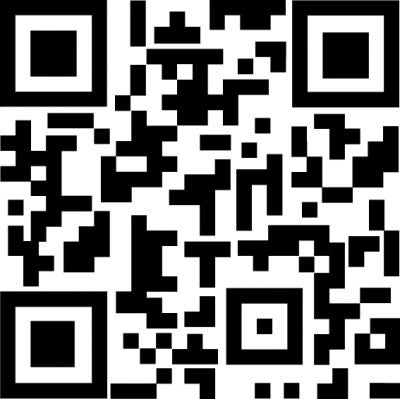Your support helps us to tell the story
From reproductive rights to climate change to Big Tech, The Independent is on the ground when the story is developing. Whether it's investigating the financials of Elon Musk's pro-Trump PAC or producing our latest documentary, 'The A Word', which shines a light on the American women fighting for reproductive rights, we know how important it is to parse out the facts from the messaging.
At such a critical moment in US history, we need reporters on the ground. Your donation allows us to keep sending journalists to speak to both sides of the story.
The Independent is trusted by Americans across the entire political spectrum. And unlike many other quality news outlets, we choose not to lock Americans out of our reporting and analysis with paywalls. We believe quality journalism should be available to everyone, paid for by those who can afford it.
Your support makes all the difference.Fourteen million American mobile users, representing 6.2 percent of the total mobile market in the United States, scanned a QR in June 2011, according to a study released August 12 by digital analysts Comscore.
QR or Quick Response codes are squares of black and white dots which, when scanned by a mobile device, direct the user to a website or grant access to special content such as coupons, for example.
Of the 6.2 percent of Americans who scanned QR codes in June the majority were male (60.5 percent) and aged 18-34 (53.4 percent). The Comscore survey also found that the most popular source of a scanned QR code was in a magazine or newspaper (49.4 percent), followed by product packaging (35.3 percent). Only 11.7 percent of those who scanned QR codes did so from the television.
In comparison to the 6.2 percent of Americans who scanned a QR code in June, 4.6 percent of mobile users and 9.8 percent of smartphone users in France, Germany, Italy and Spain scanned QR codes over the same period, according to a separate study by Comscore.

Join our commenting forum
Join thought-provoking conversations, follow other Independent readers and see their replies
Comments